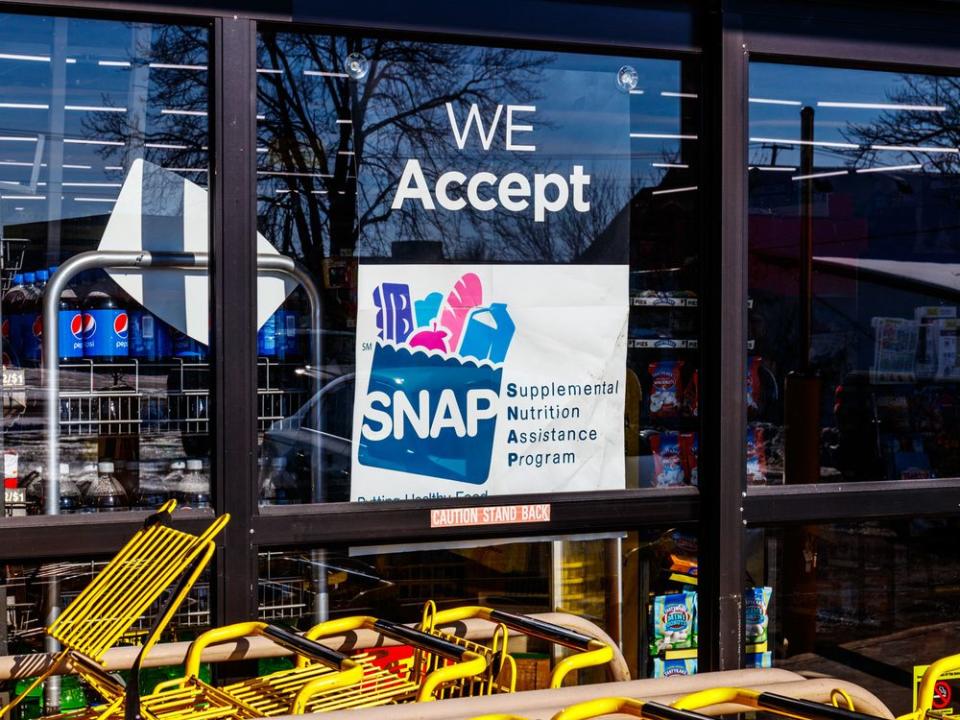14 States Sue to Overturn Food Stamp Rule Change That Would Kick Hundreds of Thousands Off SNAP
Call me controversial, but I believe it's hard to consider yourself a decent country if you have citizens starving. At the same time, I understand the sentiment of those who say that they work hard to put food on the table, so why should other Americans get a handout? And so, here we are again: fighting over the Supplemental Nutrition Assistance Program (SNAP)—the federal program colloquially referred to as "food stamps"—by pitting theoretical budget hawks (at least on this specific spending) against the more than 34 million Americans who used SNAP as part of their food budget last year.
The latest debate hinges on a change set to take effect this year: The Trump administration has chosen to remove a rule that provides states with additional flexibility to extend SNAP eligibility under certain economic conditions, specifically by making it more difficult to wave work requirements—a move that's estimated to kick about 700,000 people off the program. Arguing that the economic and social harm of this new policy will outweigh the estimated $5.5 billion the federal government says it expects to save over the next five years, 14 states—as well as the District of Columbia and New York City—have filed a lawsuit claiming the change is unlawful and seeking an injunction against the April 1 start date.

"The federal government's latest assault on vulnerable individuals is cruel to its core," New York Attorney General Letitia James, who is co-leading the suit, said in a statement. "Denying access to vital SNAP benefits would only push hundreds of thousands of already vulnerable Americans into greater economic uncertainty. In so doing, states will have to grapple with rising healthcare and homelessness costs that will result from this shortsighted and ill-conceived policy."
James press release points to plenty of additional issues with the change including "lowering economic activity" and imposing "significant regulatory burdens." The suit also alleges that the enactment of the new policy violated the federal rulemaking process in general.
"States are in the best position to evaluate local economic circumstances and to determine where there are insufficient job opportunities such that work requirements would be ineffective," The Washington Post quotes the court filing as stating. It further explains that by eliminating "State discretion and criteria," the policy change will remove "essential food assistance for benefits recipients who live in areas with insufficient jobs."
The announcement of the lawsuit comes the same week that the New York Times published an extensive piece looking at how West Virginia's tougher food stamp work requirements affected both people on the program and the state's economy overall. The Times' verdict: "Tougher work requirements for receiving food stamps complicated life for poor people, but did not result in increased employment."

